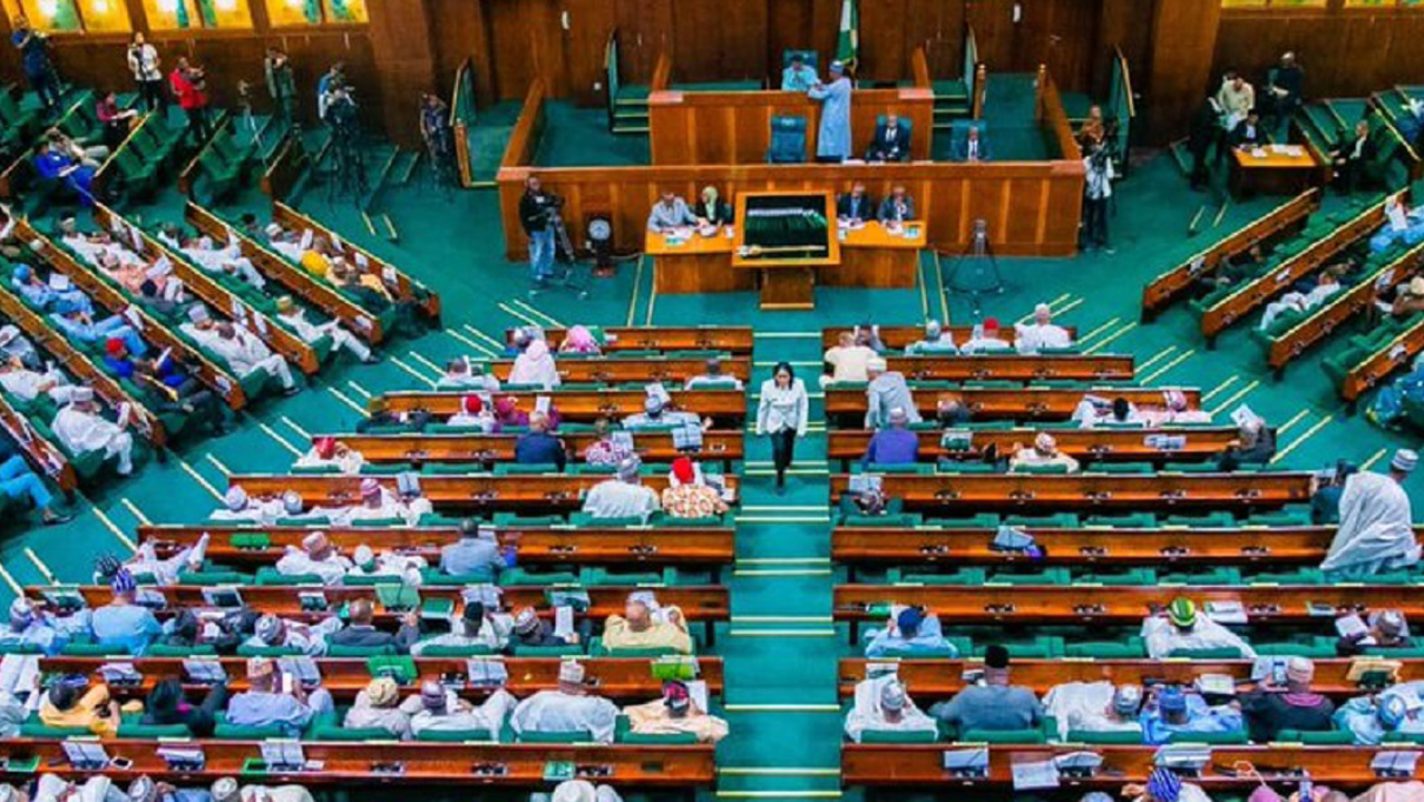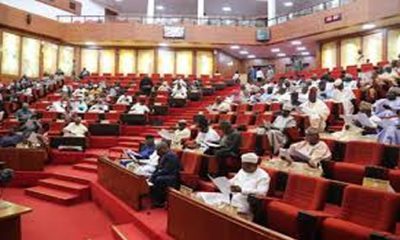News
Bill seeking expansion of Islamic Law in constitution rejected in House of Reps

The House of Representatives has rejected a bill seeking expansion of Islamic Law in the Constitution on Thursday.
Sponsor of the bill, Hon. Aliyu Missau sought for the amendment of the Constitution 1999 to create provision to expand Islamic Law, particularly sections 24, 262, 277, and 288 of the constitution by removing the word “personal” wherever “Islamic law” is mentioned, allowing “Islamic law” to stand on its own.
Section 262 (1) of the constitution states that: “The Sharia Court of Appeal shall, in addition to such other jurisdiction as may be conferred upon it by an Act of the National Assembly, exercise such appellate and supervisory jurisdiction in civil proceedings involving questions of Islamic personal law.”

Speaking on the general principles of the bill, Missau argued that the inclusion of the word “personal” after “Islamic” limits its application, particularly regarding Islamic commercial laws.
“The 1999 constitution provided for personal Islamic law. The constitution did not envisage the dynamism and development that may come into the country,” he said.
“For instance, in 2003, the constitution did not foresee the advent of Jaiz Bank, which operates under commercial Islamic law.”
The lawmaker contended that the removal of the word “personal” would benefit Islamic commercial law and Islamic international law, among others.
During the discussion, legislators were divided along regional lines, with northern members supporting the bill while their southern counterparts opposed it.
Opposing the bill, Solomon Bob from Rivers argued that the amendment would expand the application of Islamic law beyond the “personal matters” intended by the framers of the Constitution.
“The implication is that if the word ‘personal’ is removed, Islamic law would have broader implications. The word ‘personal’ was put there for a reason,” he stated.
Abdul Hakeem Ado from Kano expressed his support for the bill, asserting that Islamic commercial law needs to be maintained. Saidu Abdullahi from Niger State and Ahmed Satomi from Borno also spoke in favor of the bill.
Conversely, Jonathan Gaza from Nasarawa, Ademorin Kuye from Lagos, and Awaji-Inombek Abiante from Rivers voiced their opposition to the proposed legislation.
Bamidele Salam from Osun strongly opposed the bill, emphasizing that issues of religion should be confined to personal preference since Nigeria is a secular state.
“As students of history, we all know the background of this particular section during the various constitutional assemblies of 1979, 1989, and 1999. The drafters of the constitution were highly sensitive to religion,” he remarked.
“At the 1979 constitutional assembly, this particular section was very contentious until the military intervened to halt further debate, stating that the application of Islamic law would be restricted to personal matters like estates.”
He cautioned, “We must be careful with any changes to the constitution that could further widen divisions in Nigeria. In any case, the matters my colleague seeks to address are already covered by existing laws.”
The bill was rejected when it was put to a voice vote by Deputy Speaker Benjamin Kalu, who presided over the session.























